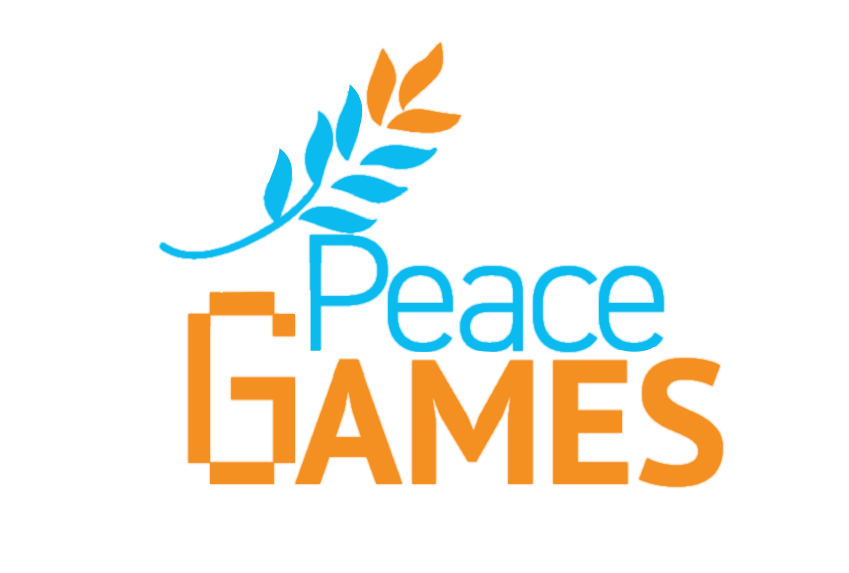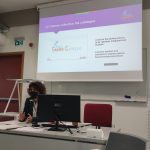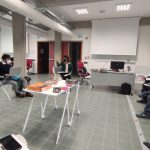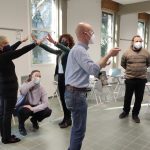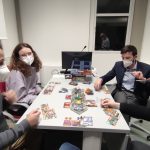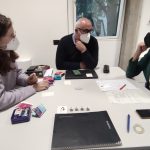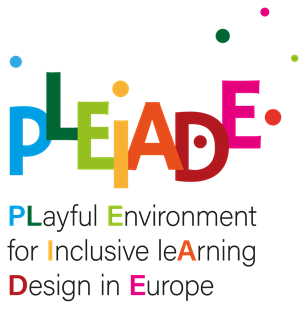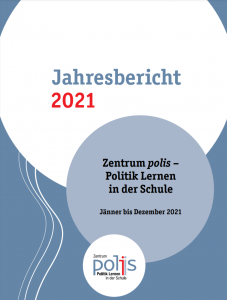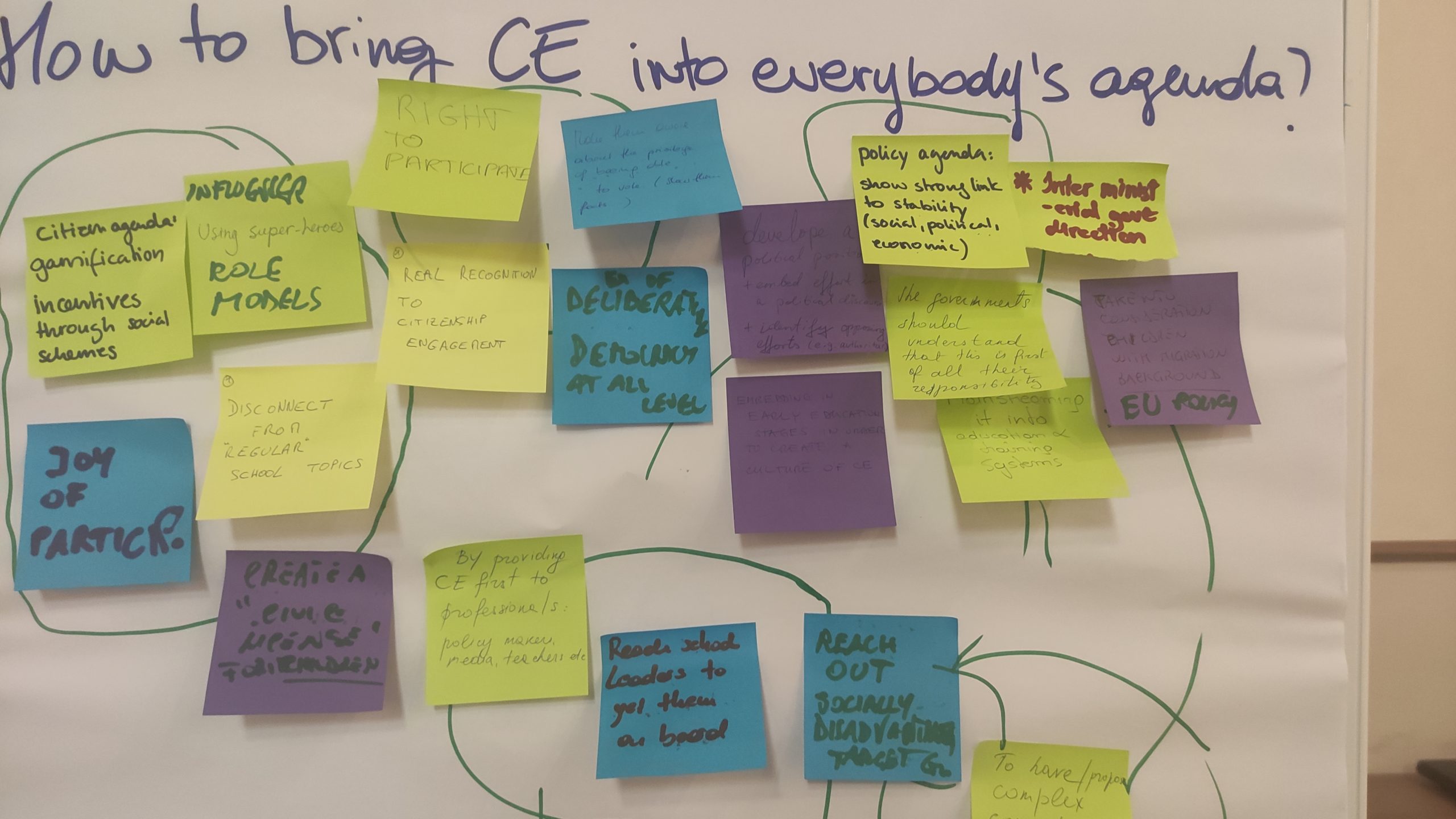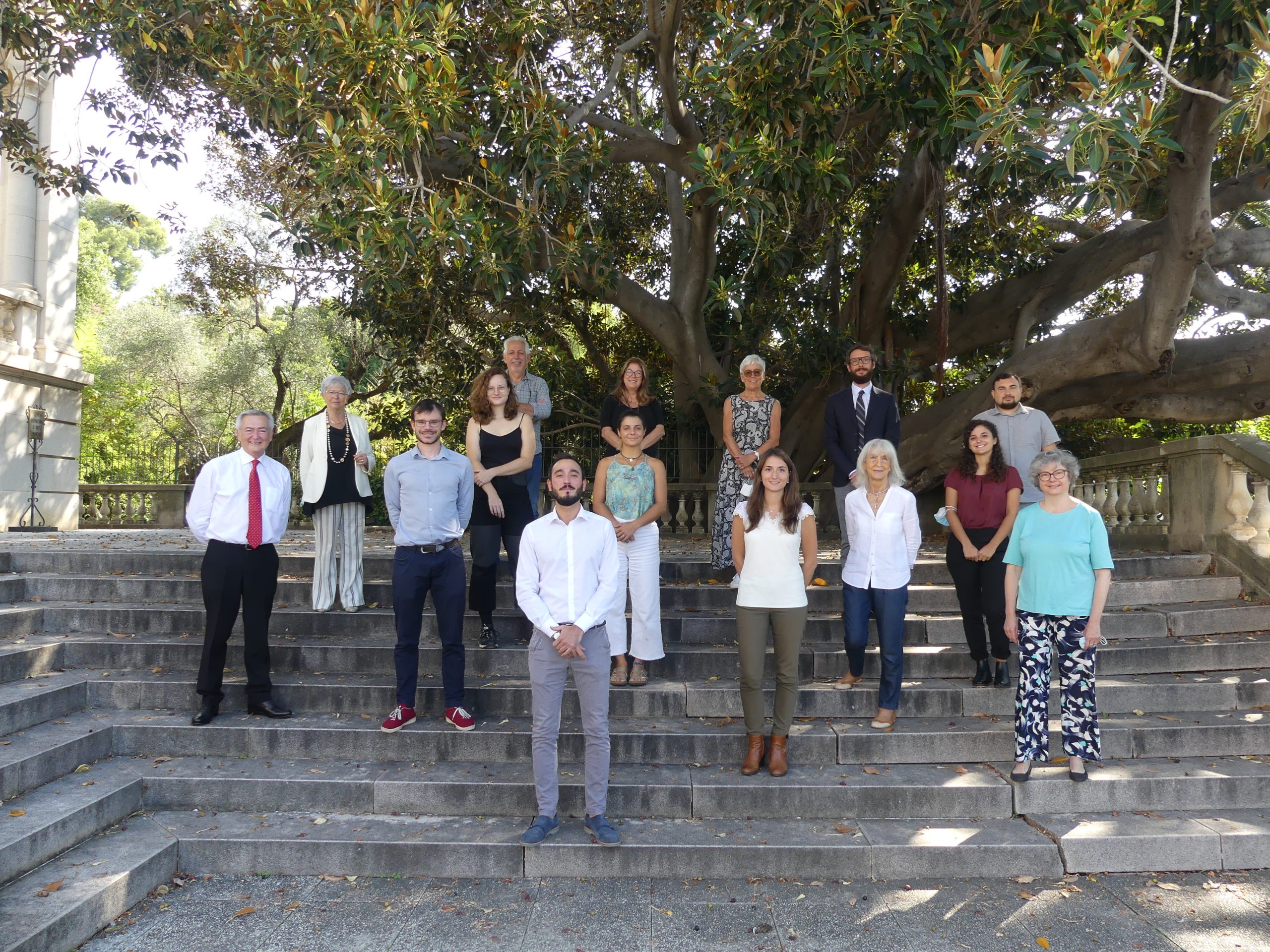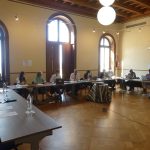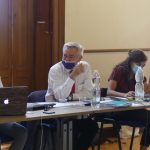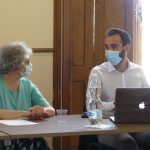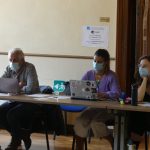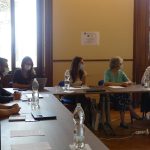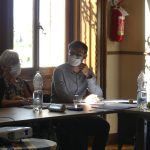Teaching Citizenship Education? The challenges of competences, assessment renewal and policy implementation
On 29th October 2021, CITIZED partners will be coordinating the workshop “Teaching Citizenship Education? The challenges of competences, assessment renewal and policy implementation”, taking place during the NECE Conference.
The workshop will investigate some of the challenges of Citizenship Education, with a particular focus on missing teachers’ competences.
The workshop will constitute an opportunity to share opinions, inputs and practices in the field of CE, with the final objective of elaborating suggestions and fostering reflection on possible policy improvements.
The conversation will start with a brief presentation of the research results emerging from the first period of implementation of the CITIZED project. Professor Euan Mackie will also intervene on the topic of the workshop. The project, co-funded by the European Union, aims at developing an innovative set of instruments that will help the widespread implementation of citizenship education policies in European education systems.
Interested in participating in the workshop? Register here!
1st Assembly of Members of the Education Inspiring Peace Laboratory
On September 23rd, the first Assembly of Members of the Education Inspiring Peace Laboratory was held at Villa Ormond, hosted by the Institute.
The first part of the Assembly consisted of the formal admission of institutional and individual members of the Laboratory and the election and appointment of its institutional bodies.
Professor Edoardo Greppi, already appointed as President at the moment of the legal constitution of the association, was confirmed in his role, while Ms Christiane Demontés, President of the Forum des Régions Européennes pour la Recherche, l’Education et la Formation, was elected Vice-President, and Mr Gian Luca Beruto and Mr Mauro Giancaterino were confirmed respectively as Director and Treasurer.
The Assembly of Members also established the Executive Council of the Laboratory, a key operational body whose primary task is to assist the institutional bodies in performing their steering functions. Among the members of the Executive Council, the assembly identified:
Professor Anne Bamford, City of London
Professor Claudio Baraldi, University of Modena and Reggio Emilia
Professor Catherine Blaya, Université Côte d’Azur
Dr Auréa Cophignon, Ville de Nice
Professor Gabriel Dima, Polytechnic University of Bucharest
Ms Marina Moretti, ASSEFA Onlus
Ms Elena Passerini, Centro Psicopedagogico per l’educazione e la gestione dei conflitti
Ms Monica Turrini, Forum des Régions Européennes pour la Recherche, l’Education et la Formation
The group of experts will be coordinated by Mr Claudio Dondi, International Institute of Humanitarian Law, who was appointed as Coordinator of the Executive Council.
The institutional session of the Assembly was then followed by an operational Session, during which the 2022 work plan of the Laboratory was discussed with the contribution of all the members. More precisely, during this operational session members analysed the five work areas of the Laboratory: Practice, Research, Institutional Consolidation, Policy and Communication. For each of these areas, the actions already implemented in the past year were explored and the programme for 2022 was presented.



